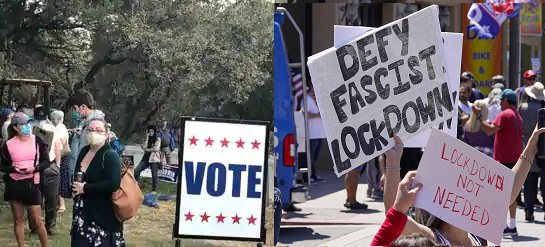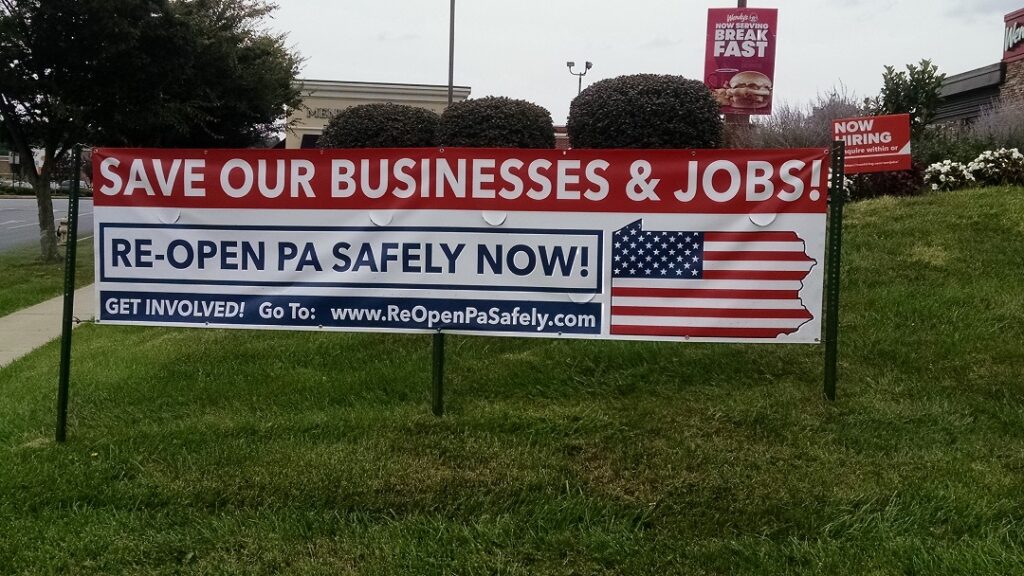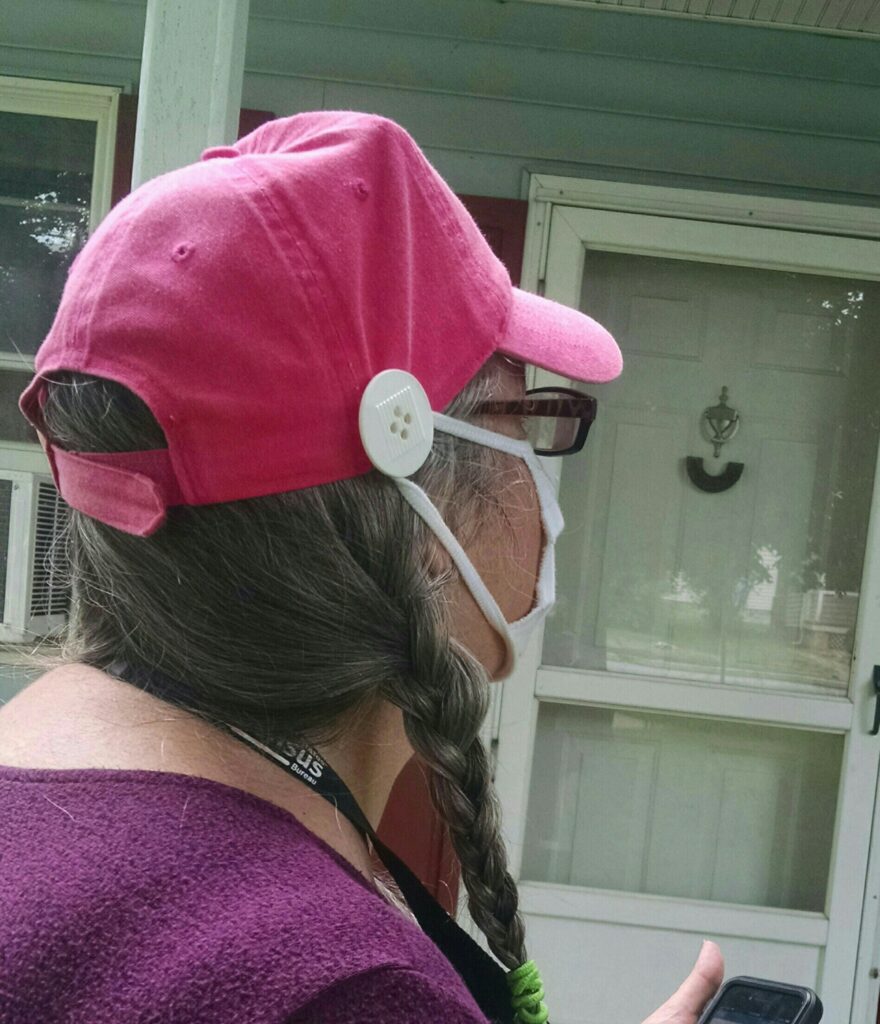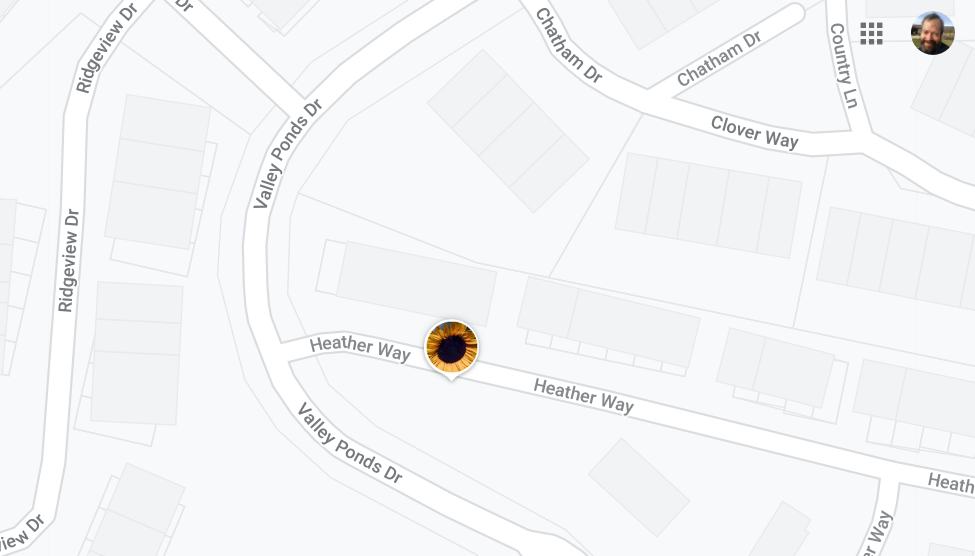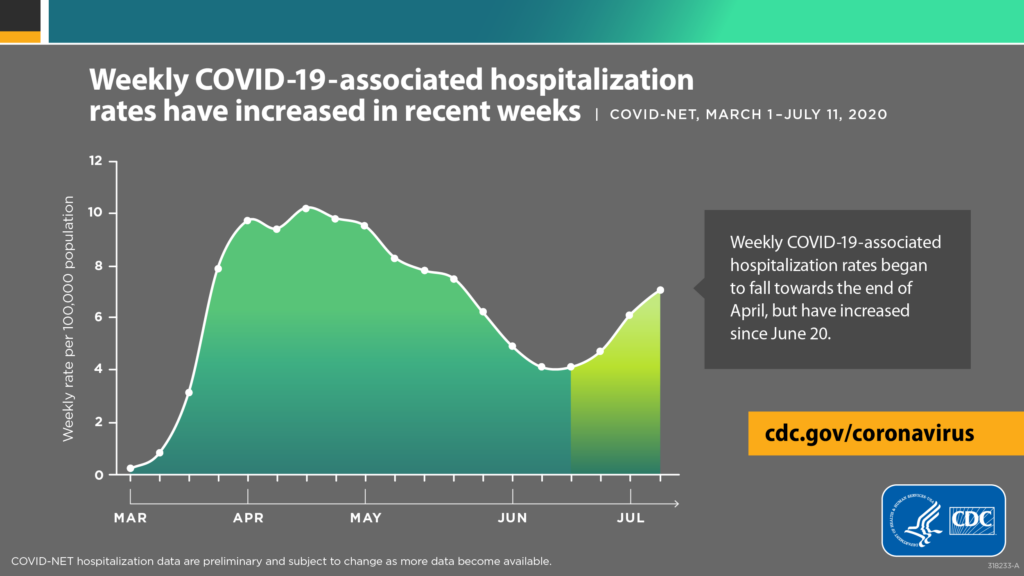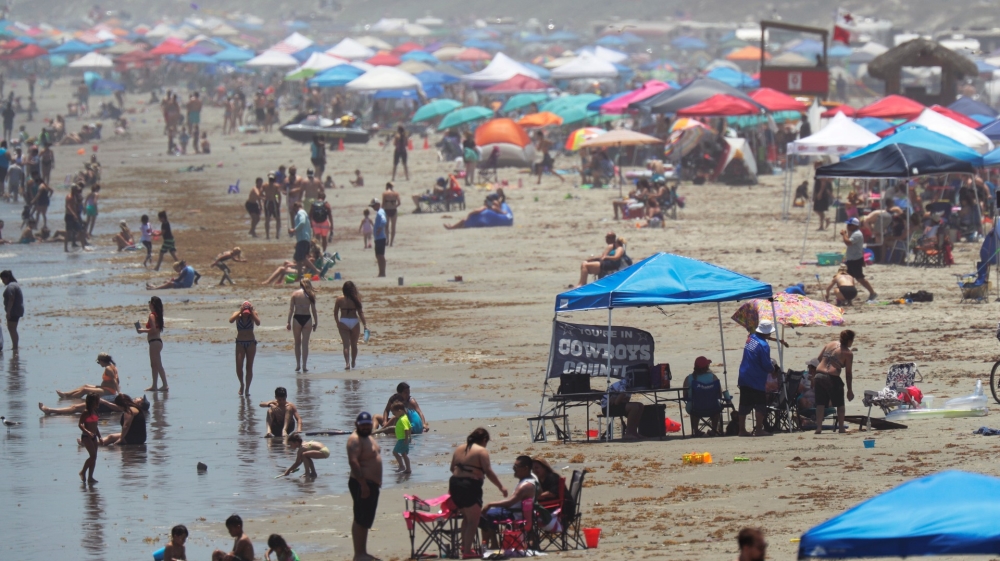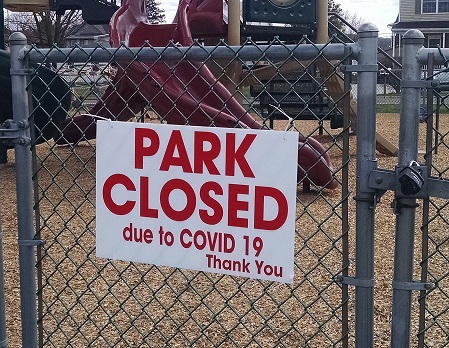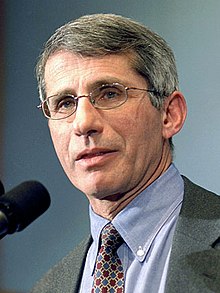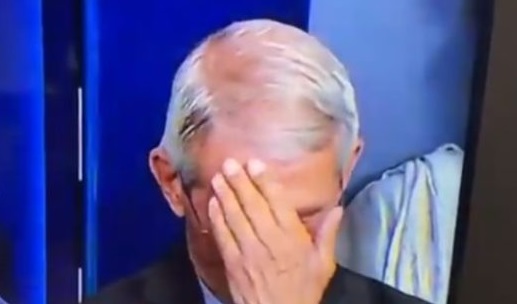I wanted to exposit a bit on some of the points I made in my last blog post about the dilemma that Covid-19 presents. As many commentators have observed, the pandemic has disrupted our economic system and starkly revealed its defects. In particular it has exposed the risks to a bulk of the population who live on marginal income and can barely, if at all, afford health insurance. But of course these were known issues already, it’s just that Covid-19 is shining a harsh spotlight on them.
I’ve categorized this post as “Strategy Review” because I want to think of this problem with one of the strategic theories I’ve reviewed in the past in mind. That would be Philip Bobbitt’s conception of a newly evolving constitutional order called the “market state.” Here’s a key quote from the linked blog post:
the familiar nation state of the 20th century is giving way to what Bobbitt calls the “market state.” A key difference between the two orders is that whereas the nation state serves the welfare of the nation through public services and social safety nets, the market state maximizes economic opportunity for its citizens, while protecting them from environmental degradation and network-infiltrating dangers such as infectious disease and terrorism. The state’s role has evolved from managing the system for the benefit of the people, in competition with other states with different ideologies (the Cold War status quo), to protecting the system’s perimeters while allowing the people to manage themselves in a loosely controlled consumer marketplace of global extent
The Covid dilemma as it relates to this constitutional order is this: if the market state is supposed to protect the citizen while maximizing opportunities, what does it do when these goals are mutually exclusive? Simply put, an endemic disease that is highly infectious and lethal entails restricting economic activity in order to save lives, but that necessarily reduces economic opportunity. This is especially problematic in the United States, which has a flavor of the market state which Bobbitt calls “entrepreneurial” – meaning that it favors individual over corporate responsibility for well-being.
Hence the quandary the U.S. is in, with its fraying social safety net, and too many people living on a thin margin. Gig economy workers are suddenly in an environment in which there are no gigs. Unskilled laborers have become “essential workers” and are expected to endure dangerous workplaces with no extra compensation, and rudimentary protection measures.
At least the public at large has shown a willingness to follow one simple, minimally disruptive safety measure – the wearing of face masks. I believe that the broad compliance with this mandate shows that society is ready and willing to cooperate and take collective action. The desire is there. But there is a political problem of extreme partisanship and incoherent national leadership.
So this pandemic has become the tempering test of the emerging market state. Can it survive as an ordering principle, or will it break under the strain and need to be replaced? One way to help think about this question is to consider the state in relation to the strategic environment, a key feature of Bobbitt’s line of thinking.
In Bobbit’s model, the nation state prevailed in a particular security environment, which pertained to the World War and Cold War eras. The rise of certain technologies – weapons of mass destruction, advanced computing, telecommunication networks – altered the strategic landscape from that in which the nation state was successful. For the new market state to be successful, it must be able to counter security threats in this new environment.
Threats primarily intrude on the order of the market state by exploiting open networks. In the quote above I explicitly mention infectious disease as a network-infiltrating danger. I had in mind SARS and H1N1, which have turned out to be the preludes to Covid-19. Other potential threats include computer hackers, social media disruptors, and smugglers of WMDs.
The best strategies against these kinds of threats are defensive; think of tower defense casual games, where an infrastructure is built up against ongoing waves of enemies trying to get past a perimeter. Hence the pandemic related shutdowns and other measures – limiting mass gatherings is a defensive strategy against an airborne virus. Surveillance is also crucial (you have to detect the network infiltrators), which is why nations which implemented intensive testing and tracking programs are the ones that have been the most successful at mitigating against the coronavirus.
So you can see the fundamental problem the United States has, with its “entrepreneurial market state.” It is just too open of a society. It is large in extent, and its citizens are used to free travel and a high degree of autonomy. Which is why so many are railing against the measures (though I still think the majority accepts the need for them).
Not only that, the ethos of the independent, self-made American (the “entrepreneur”) means there is resistance to the concept of public assistance, which is another useful defensive measure. The government is calling what pandemic aid has been given “stimulus” money, a complete misnomer. If the economic recession were on the demand side, meaning people didn’t have money to spend for goods or services, then the term “stimulus” would make sense. But the recession is supply side, meaning that businesses can’t deliver goods or services because of the shutdown measures. The loss of income to these businesses is the problem being alleviated, so the money is relief money, not stimulus money. But we can’t call it that, lest we admit that we aren’t a purely capitalist society.
Have other societies, with more of a “managerial market state” (Bobbitt’s term) fared better? Those would mostly be other developed countries of the West – in Europe, for example. I’m not sure of the answer, though it would be interesting to go over Bobbitt’s work, identify his taxonomy of states, and then see how each has done in the 2020 pandemic. There may be a pattern. It would be a bit of lengthy task, but might be worth the time.
Meanwhile, it’s plain to see one thing that has suffered in reputation in light of the pandemic: globalization. It is, in fact, globalization, with its increased access to markets and increased movement of goods and people, that is the reason new viral diseases keep popping up and rapidly spreading around the world. This latest one, Covid-19, seems to have put the brakes on globalization for some time to come, probably for at least a generational cycle. It had already lost its popularity among anyone except economic elites anyway.
What will happen to the market state? I’ve already noted in previous strategy review posts that we will not simply revert back to the nation state. Time isn’t reversible, for one thing, and the changes in the strategic environment – the nature of threats to the security of society – remain. We still need a state capable of countering danger in a complex, networked world.
It’s not just communicable disease that exploits networks. What about dangerous ideologies, spread on social media? If you’ve seen the Netlfix documentary The Social Dilemma you know what I mean. Given the deep political trouble the United States is in, there may be even hotter fires for the market state to endure before it is strong enough to rule in the twenty-first century.
